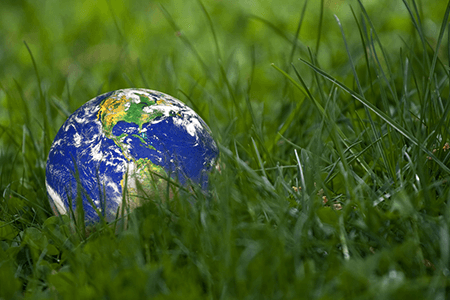WASHINGTON, DC (March 14, 2024) – Today, the American Chemistry Council (ACC) President and CEO Chris Jahn sent a letter to President Biden outlining a set of elements needed for a successful global plastics agreement and requesting a meeting to address priority issues going into the fourth Intergovernmental Negotiating Committee (INC-4).
“The U.S. is in a key position to help forge agreement among delegations and arrive at an effective final agreement,” Jahn writes in the letter. “Such an outcome will require discipline at home and abroad: the U.S. must continue to use its domestic regulatory authorities to address plastic pollution constructively and intelligently, while also pressing for implementable language in the global agreement that spurs circularity and eliminates plastic pollution.”
ACC and its members, which represent U.S. plastic manufacturers and the value chain, support an ambitious global agreement that all countries can join to end plastic pollution in the environment.
America’s Plastic Makers® have set an ambitious goal for 100% of U.S plastic packaging to be reused, recycled or recovered by 2040, and believe plastic waste in the environment is never acceptable. A legally binding agreement must address plastic waste in the environment while continuing to enable the benefits of plastics in helping to achieve a lower carbon and more sustainable future.
“We encourage the U.S., through its statements at home and in the global negotiations, to steer the global community away from measures that will make U.S. manufacturers less competitive and/or jeopardize the many benefits plastics provide to the economy and the environment,” the letter states.
“The agreement has an opportunity to advance commonsense solutions that preserve the irreplaceable value plastics provide the world, maintain U.S. competitiveness, and keep plastics out of the environment,” says Ross Eisenberg, president of America’s Plastic Makers, part of ACC. “We are concerned that the negotiations are moving away from the original intent of the UNEA 5/14 resolution to end plastic pollution and instead turning into an activist wish list to end plastic. We’re asking President Biden to meet with us to discuss practical ways we can eliminate plastic pollution through an effective agreement all countries can join that doesn’t eliminate the massive societal benefits plastics provide.”
The letter to Biden outlines key elements of an effective global agreement, including:
- A requirement for globally harmonized measures that promote effective implementation of the agreement, while recognizing national and local circumstances.
- National assessments and progress reports on plastic waste reduction.
- Mechanisms to accelerate the use of recycled plastics through public-private partnerships and blended finance.
Plastics offer people around the globe more sustainable and safer food, water and healthcare. Those benefits should also include end of life considerations for plastics, and ACC members are striving toward a more circular solution for these valuable materials by keeping them in the economy and out of landfills. ACC believes with U.S. leadership the global community can arrive at a successful and effective agreement that spurs circularity and helps end plastic pollution.



